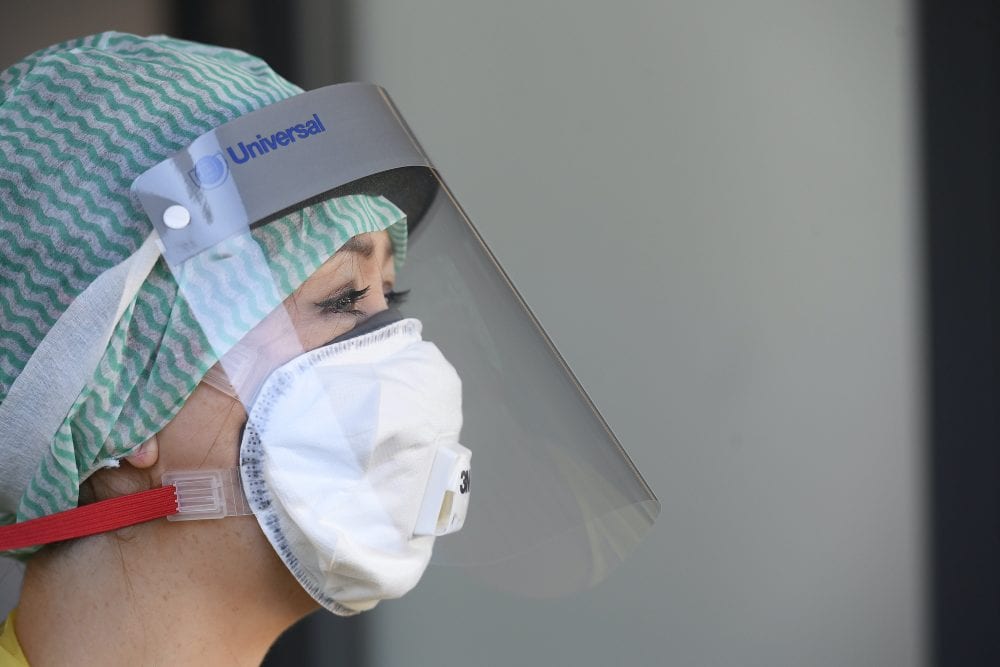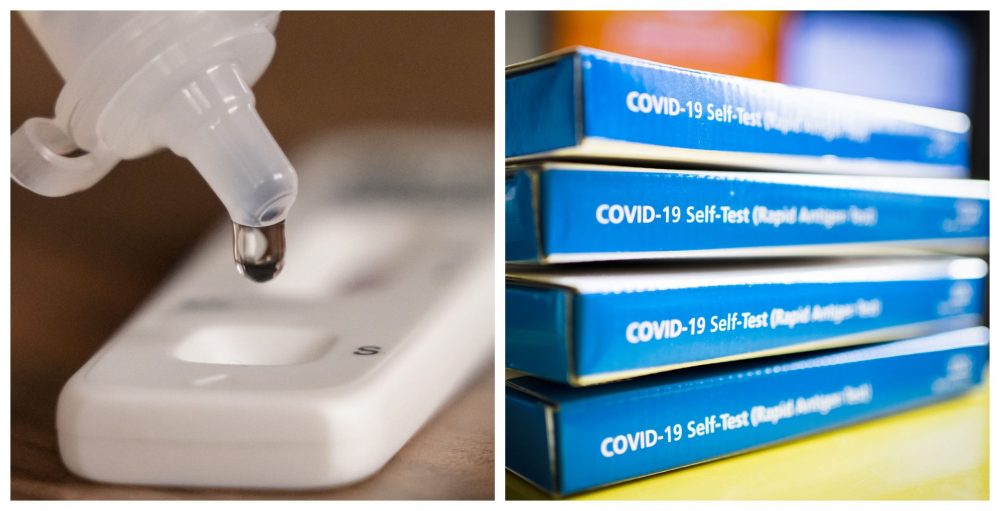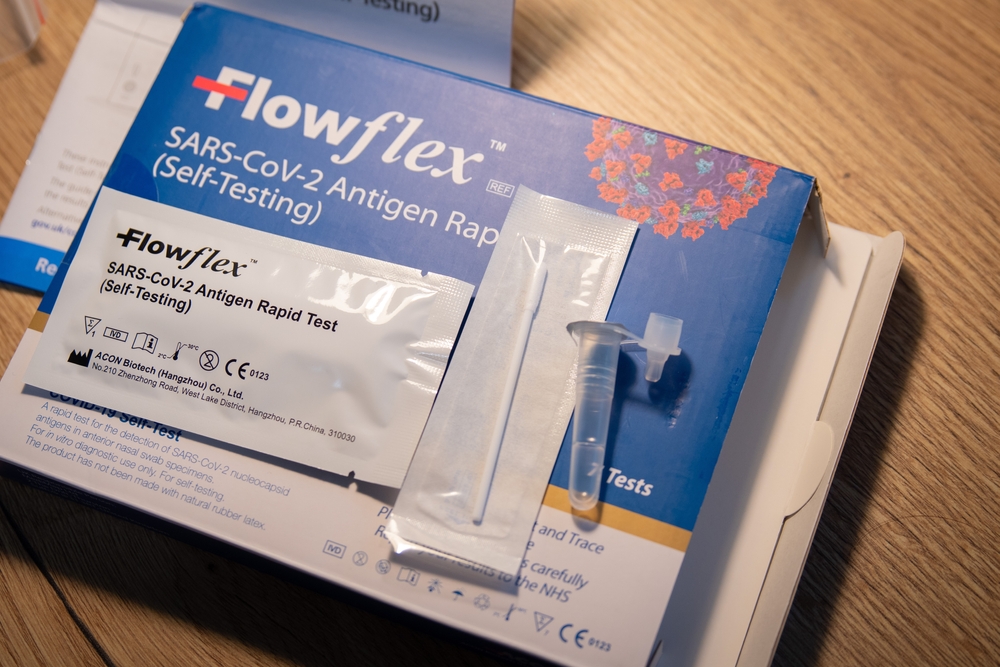
Coronavirus
What have we learned about Coronavirus in the last year?
5 years ago

From treatments to vaccines, we know a lot more about Coronavirus than we did back in January 2020.
This week marks a year since the first coronavirus cases were reported in the UK and the anniversary of the first known death in the country.
So how much have we learned in the last 12 months?
What is Covid-19?
Coronavirus (Covid-19) is an infectious disease caused by a newly discovered coronavirus called SARS-CoV-2.
The World Health Organisation (WHO) first learned of this new virus on December 31 2019, following a report of a cluster of cases of viral pneumonia in Wuhan, China.
Where did the coronavirus come from?
Covid-19 is believed to have a zoonotic origin, meaning it was active in animals before it was transmitted to humans.
It was thought early in the pandemic that the outbreak may have started in Huanan Seafood Wholesale Market, which sold live animals.
Earlier this month, China accused Boris Johnson of “groundless conjecture” after the Prime Minister suggested that coronavirus could have spread from people grinding up the scales of pangolins.
Mr Johnson said the virus originates from bats or pangolins, and that the pandemic was “the product of an imbalance in man’s relationship with the natural world”.
A global team of researchers from the WHO arrived in Wuhan in mid-January to investigate the origins of the virus.
What are the symptoms of Covid-19?
The most common symptoms of the virus are a fever, a dry cough and fatigue.
Symptoms of severe Covid‐19 disease include shortness of breath, loss of appetite, confusion, persistent pain or pressure in the chest, and a temperature above 38C.
What happens to people who get the virus?
About 80% of people recover from the disease without needing hospital treatment, about 15% become seriously ill and require oxygen and 5% become critically ill and need intensive care, according to the WHO.
People aged 60 years and over, and those with underlying medical problems such as high blood pressure, heart and lung problems, diabetes, obesity or cancer, are at higher risk of developing serious illness.

Are there any treatments for coronavirus?
Care includes oxygen for severely ill patients and those who are at risk of severe disease, while more advanced respiratory support such as ventilation can be given to patients who are critically ill.
Tocilizumab and sarilumab – which are typically used to treat rheumatoid arthritis – were found to “significantly” reduce the risk of death as well as time spent in hospital by up to 10 days.
Results from a Government-funded clinical trial showed that both drugs reduced the absolute risk of mortality by 8.5 percentage points when administered to patients within a day of entering intensive care alongside a corticosteroid, such as dexamethasone.
The cheap steroid dexamethasone was hailed as a major breakthrough last June as a study suggested it was the first drug to reduce deaths from coronavirus.
From last May, doctors were able to prescribe the drug remdesivir, which had been shown to shorten recovery time, to those who have severe Covid-19 infection.
What about vaccines?
Three vaccines have been approved by the Medicines and Healthcare products Regulatory Agency in the UK and millions of jabs have already been administered.
In early December, the UK became the first country in the world to approve the coronavirus vaccine from Pfizer and BioNTech, before approving a vaccine from Oxford University and AstraZeneca later in the month.
The third jab to be approved in the UK was the Moderna vaccine.

What is long Covid?
Long Covid, also known as post-Covid syndrome, is used to describe the effects of Covid-19 that continue for weeks or months beyond the initial illness.
The most recent official guidelines from the National Institute for Health and Care Excellence (Nice) define long Covid as “signs and symptoms that develop during or following an infection consistent with Covid-19 which continue for more than 12 weeks and are not explained by an alternative diagnosis”.
The condition is associated with a range of symptoms, from fatigue and breathlessness to anxiety and depression.









 Subscribe
Subscribe Follow Us
Follow Us Follow Us
Follow Us Follow Us
Follow Us Follow Us
Follow Us Follow Us
Follow Us











